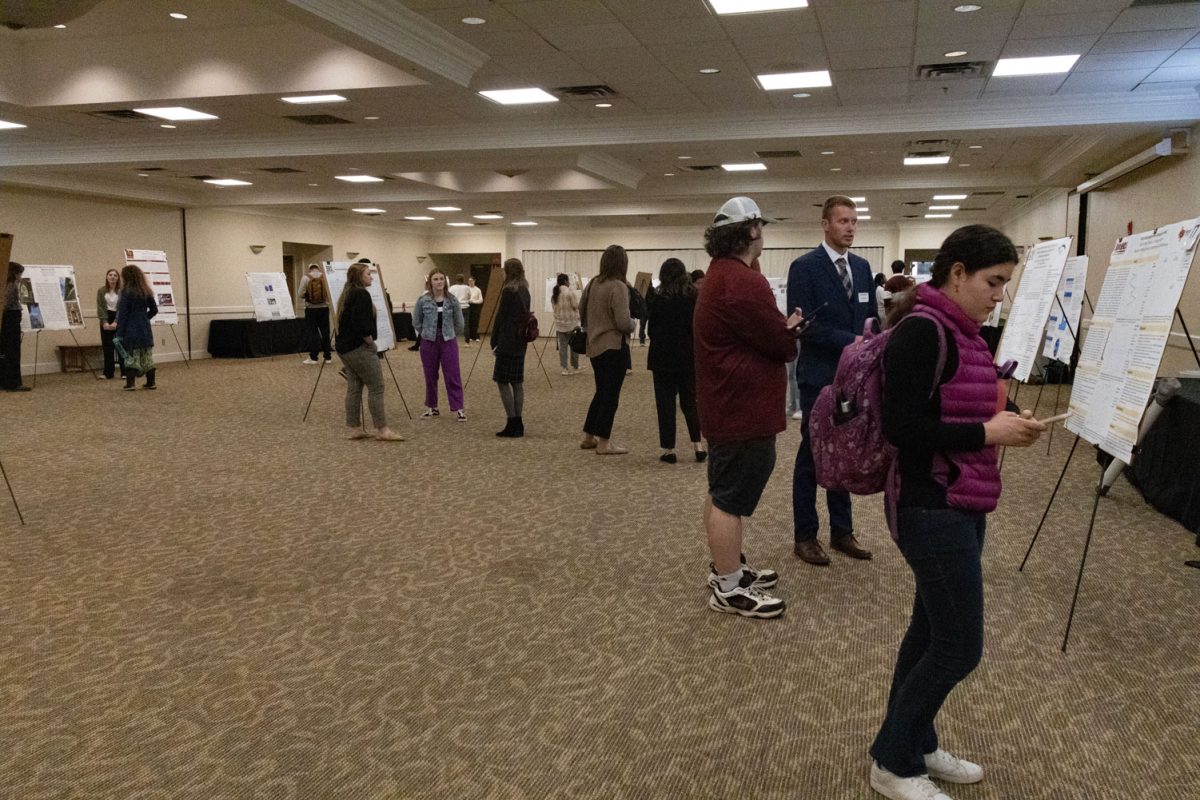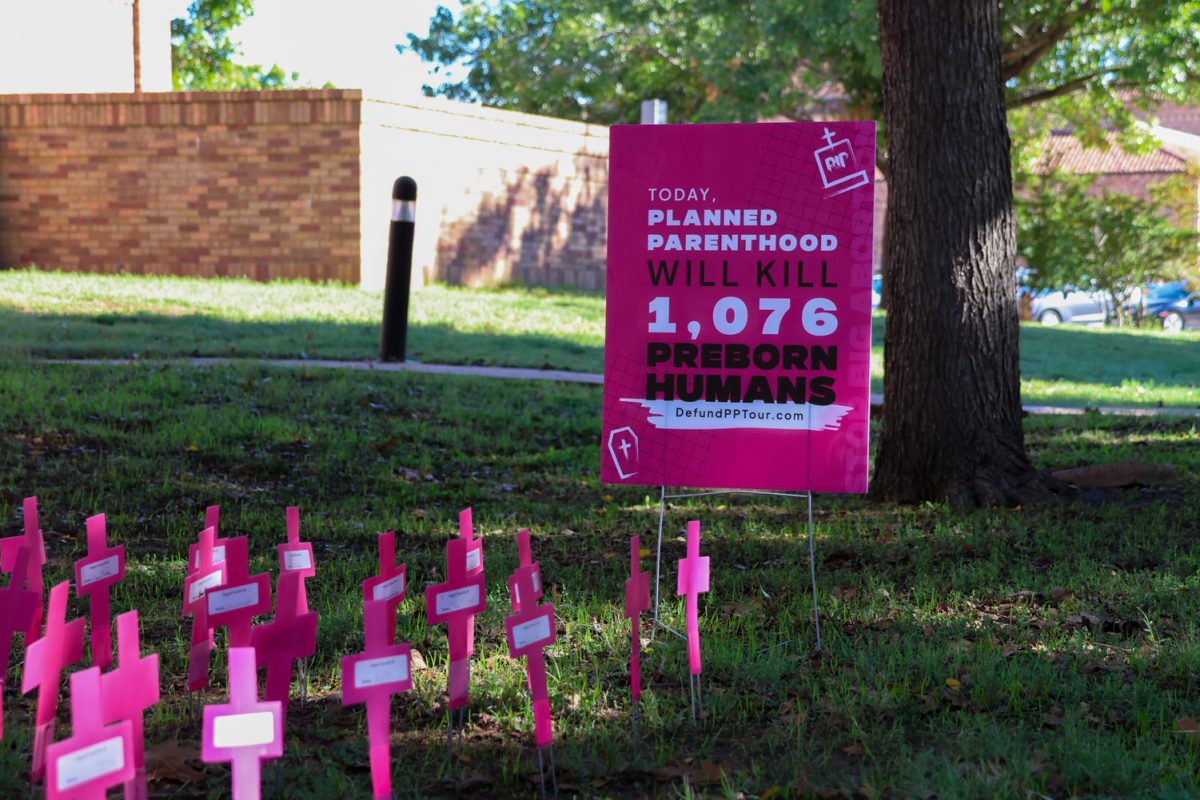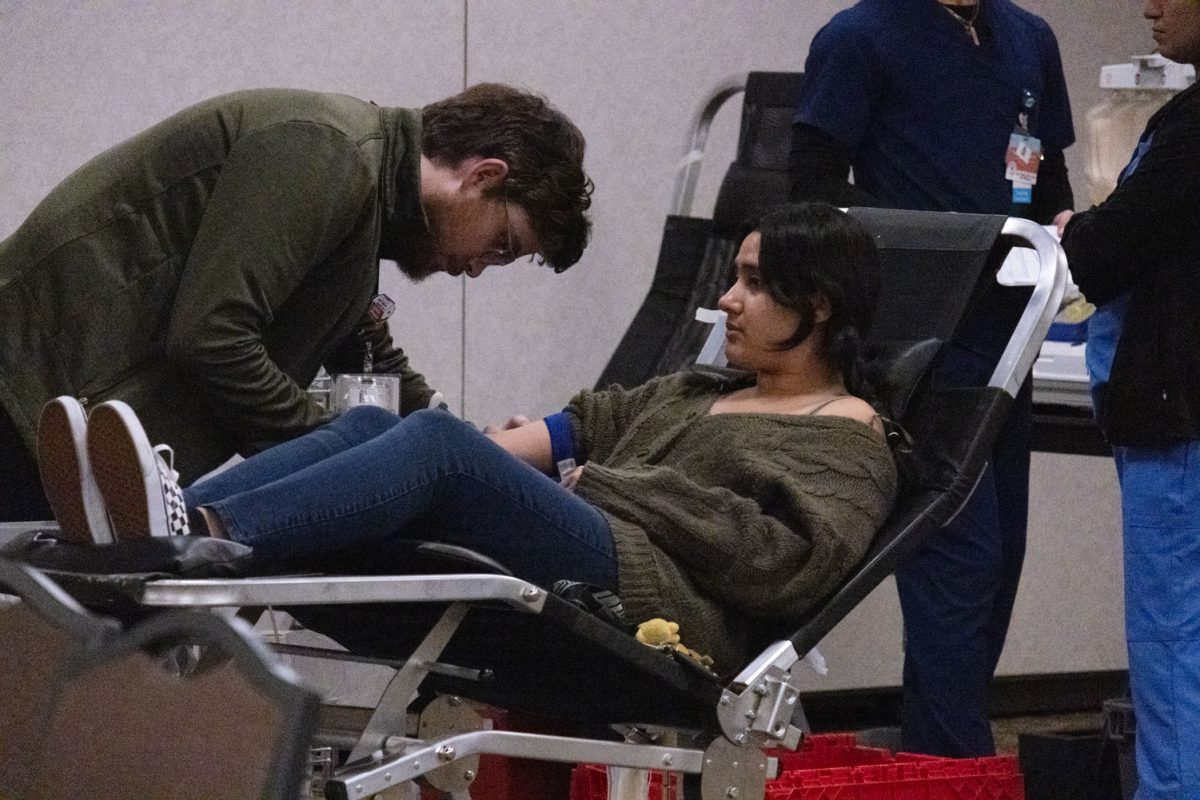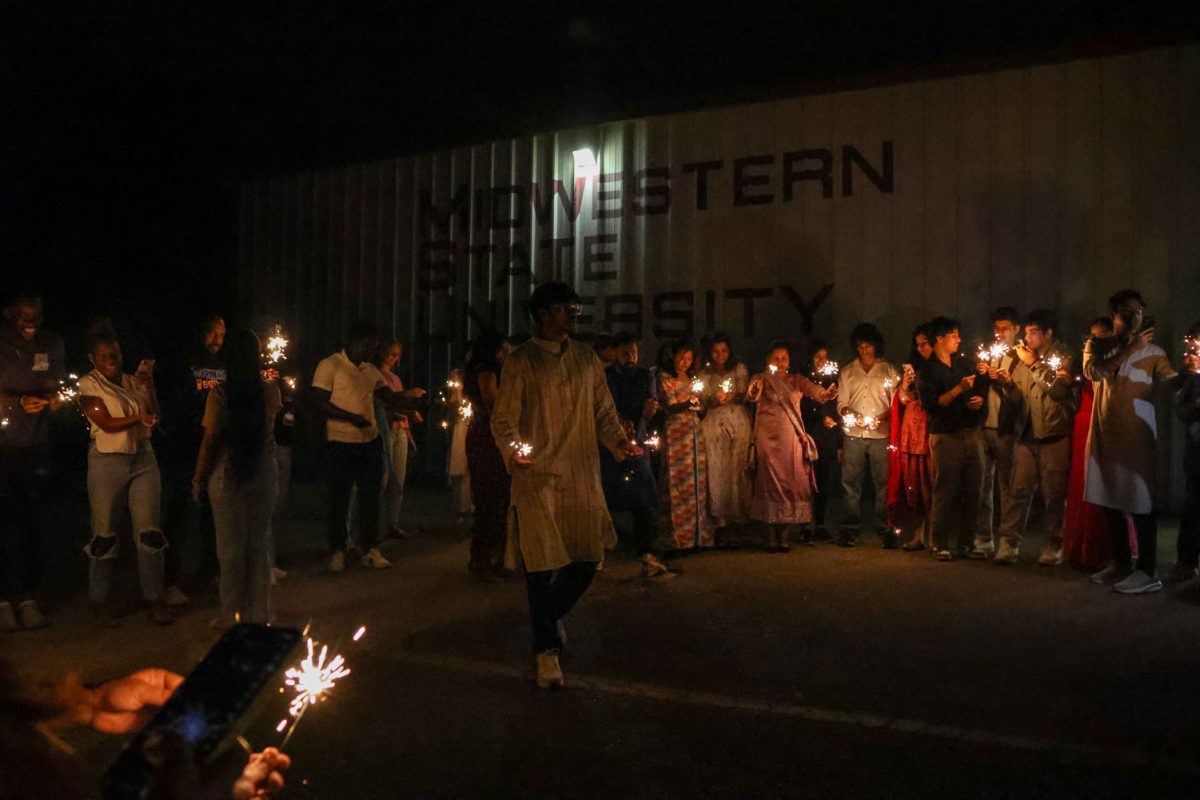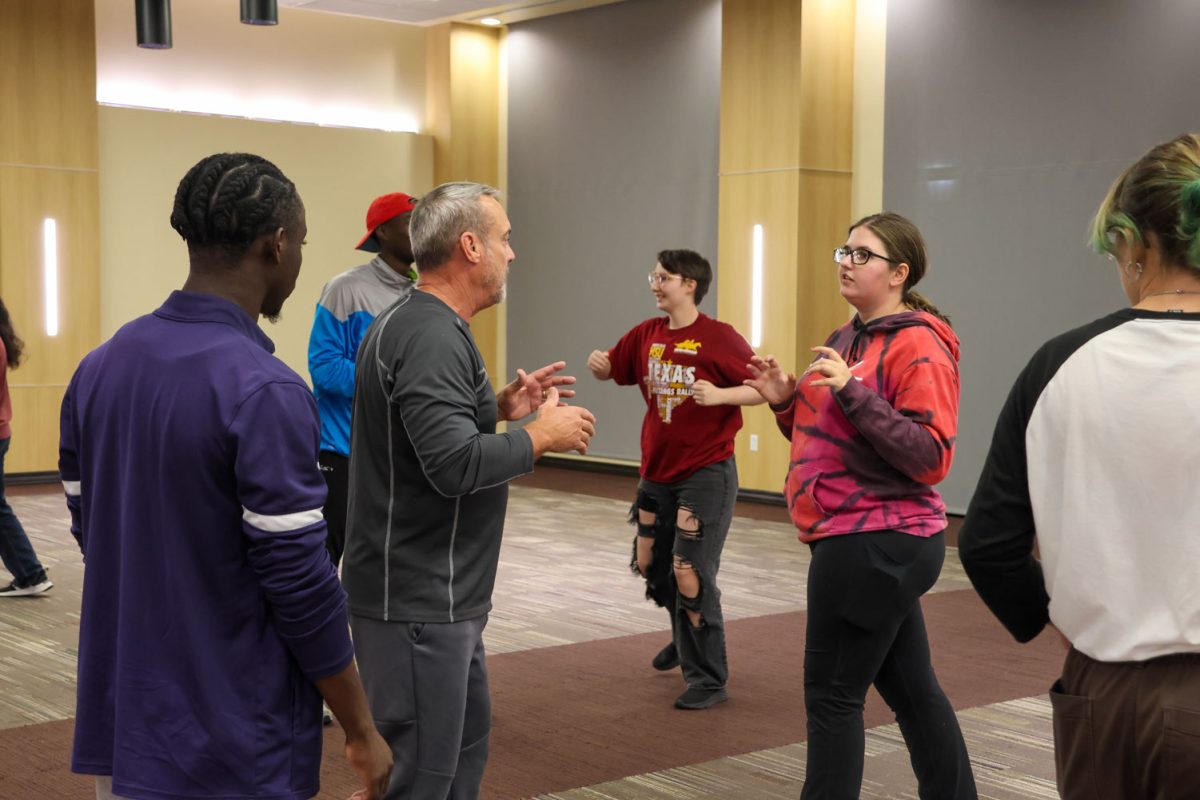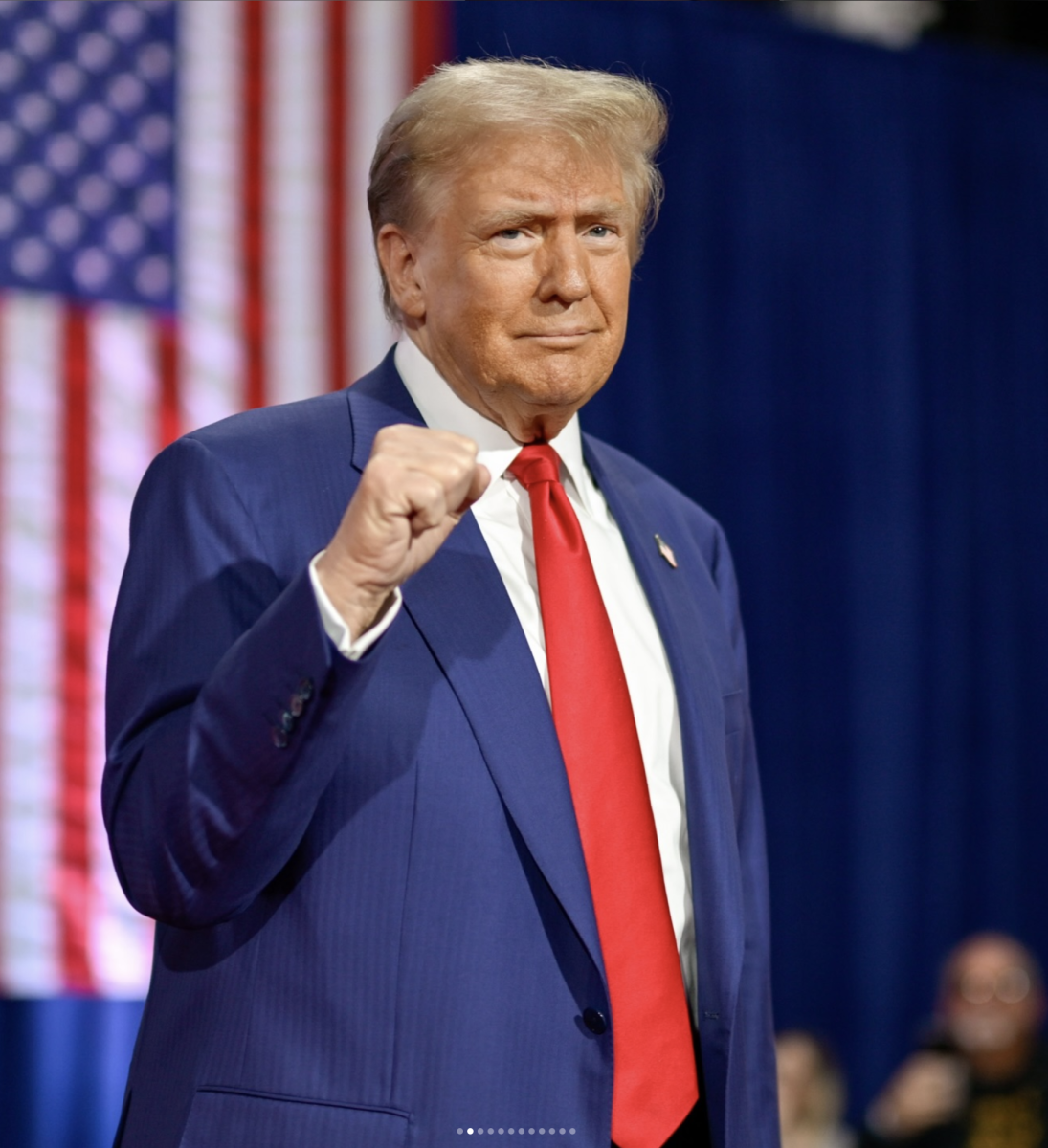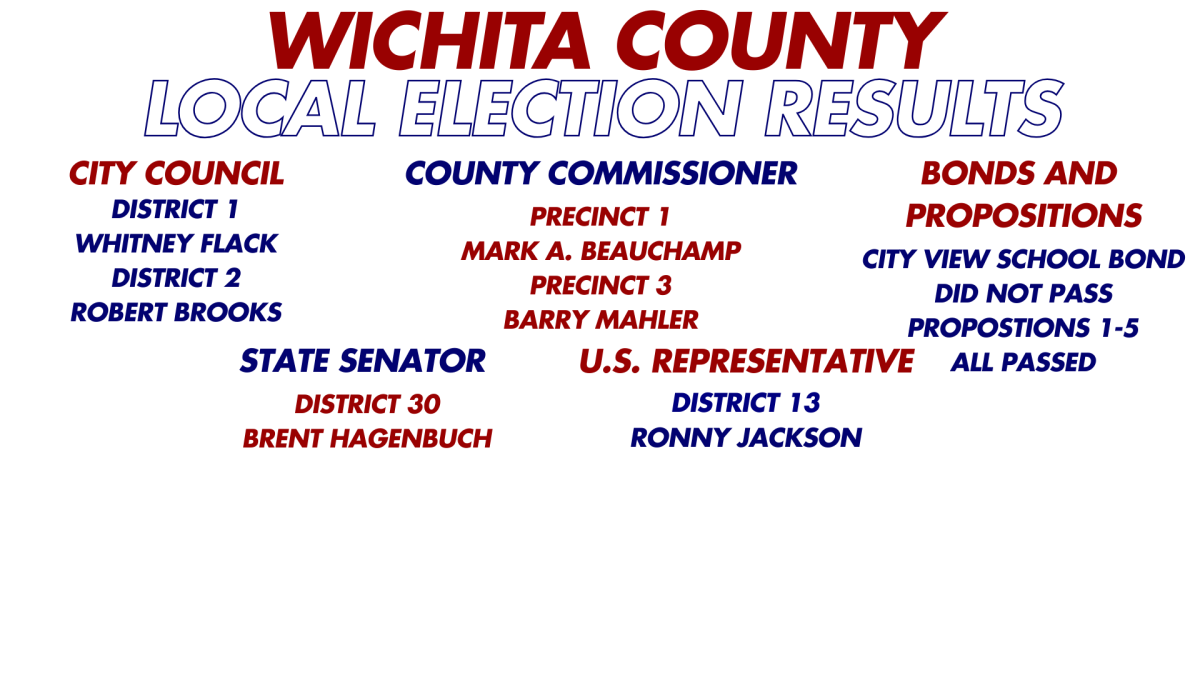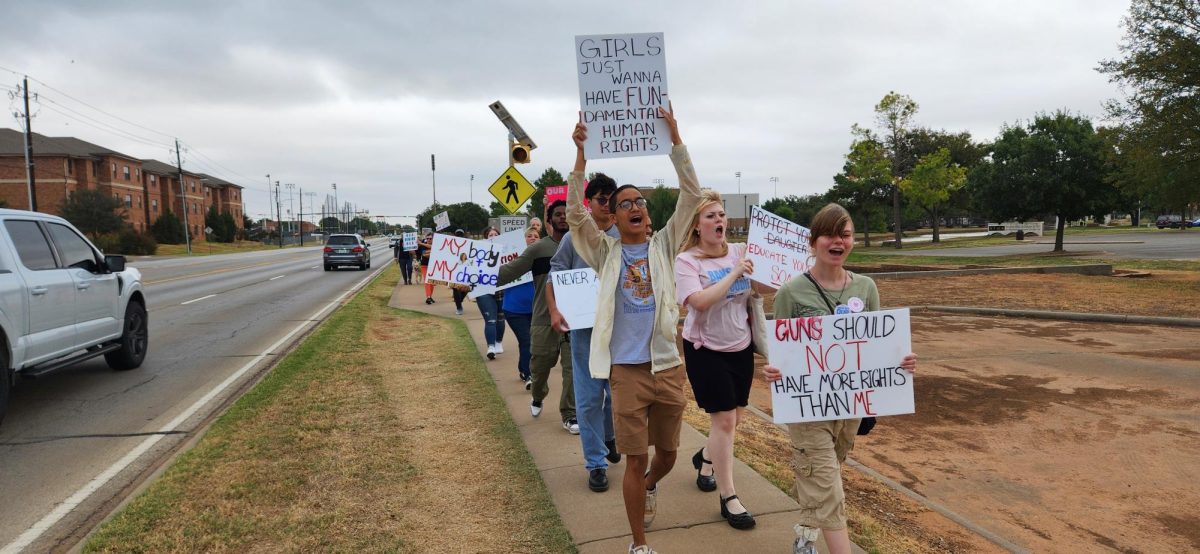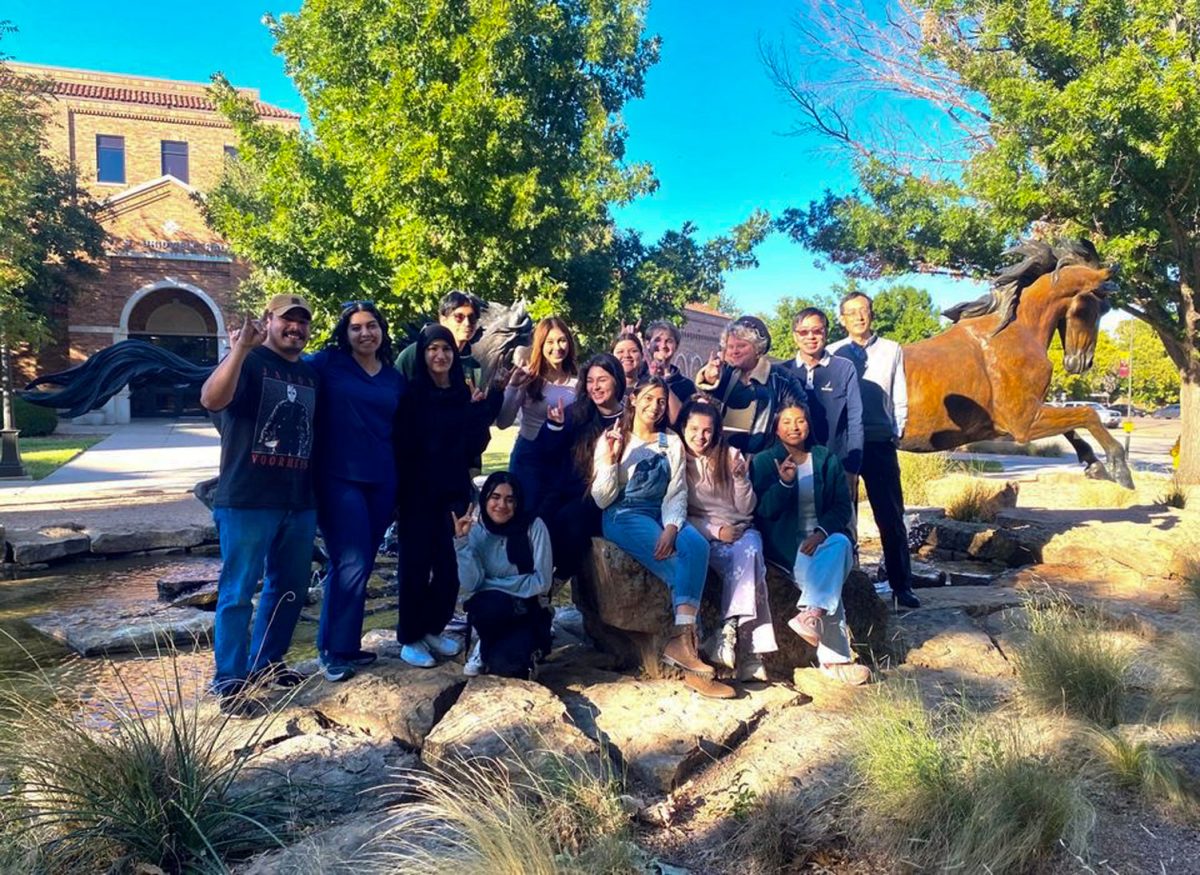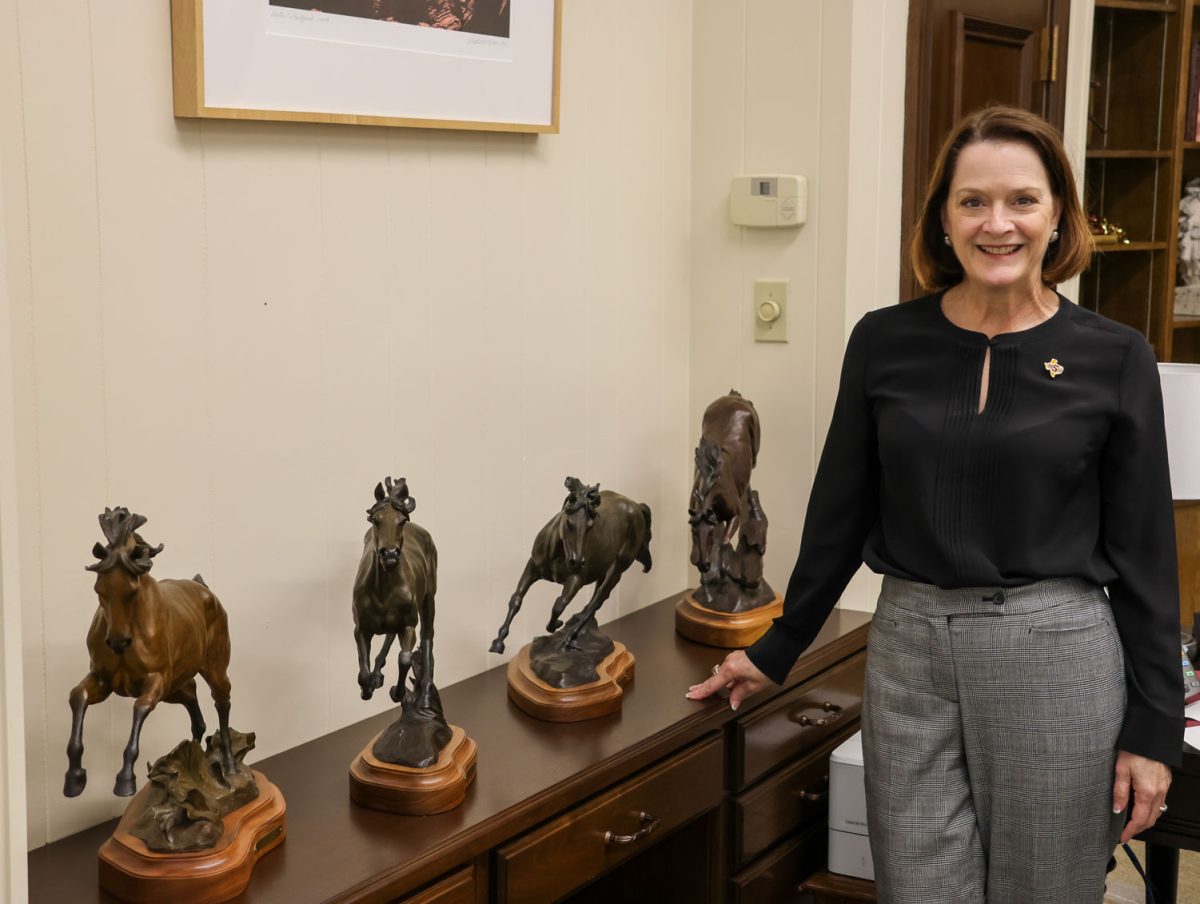In the parking lot behind Prothro-Yeager, an old grey Ford F-150 almost seems to speak its mind by displaying a small National Rifle Association sticker on the back windshield and a gun rack inside the cab. The NRA and other Americans have always taken pride in their gun laws, which makes the United States one of the only countries allowing its citizens to carry guns.
In the legislative session ending this past May, Texas legislators failed to pass a bill that will allow students to carry concealed handguns in their vehicles on college campuses after Jan. 1, 2014 — although it was the third time they had tried. This spring, it received approval of the House, by 61 votes, but failed to receive Senate approval prior to the end of the session.
“As a retired Houston Police officer, I know that officers cannot be everywhere at all times. Campus police cannot be in every classroom or academic building. That is why I strongly support the right of properly licensed citizens to carry on college campuses,” Allen Fletcher (R-Tomball) said in a Feb. 5 press release. “The fact is that these are adults who are trained and licensed to carry a concealed weapon for protection. As we have learned in the past, ‘gun-free zones’ have not been absent of crime and have only been successful in disarming law-abiding citizens. We must afford citizens the right to protect themselves.”
Further, in a letter to Gov. Rick Perry, Texas Land Commissioner and author of Texas’ “Right to Carry” law Jerry Patterson (R) said, “The bill isn’t talking about classrooms full of angry kids, but about a fundamental, God-given right that shouldn’t be taken away based on someone’s location.”
Originally, the bill stated that students would be able to carry concealed handguns into campus buildings and classrooms. However, the bill was modified nine times, and the amended bill will allow students who have a concealed handgun license to carry their handguns only in their locked vehicles on campus grounds.
“I have two major concerns,” Dan Williams, campus police chief, said. “One, is that if there is an active shooter on campus and multiple concealed handgun holders pull their weapons and shoot, then the police would have no clue who’s the bad guy. Second, I can envision a student living in the dorms who has a concealed handle license who has maybe been drinking a little. When someone asks to see the handgun, all of a sudden you have an accidental shooting where someone may or may not get hurt.”
In a press release, Madison Welch, Texas Students for Concealed Carry legislative director, said, “This is the fifth special session, eighth session overall, since Gov. Rick Perry first voiced support for concealed carry on Texas college campuses. He has had the opportunity to add Campus Carry to any of the four previous special sessions, where it very likely would have passed, and has had supporters avidly calling out for him to do so. The only thing keeping it from passing in a special session is that Rick Perry hasn’t added it to one.”
Even though the bill is intended to offer students a way to protect themselves in a situation like the Virginia Tech shooting in 2007, some students feel like it could do just the opposite.
“I don’t agree with it at all,” Janet Vargas, junior in business, said. “Instead of preventing violence it will do just the opposite. Even though they will just carry their guns in their car, there’s no stopping them from taking it into their dorms, apartments or just carry them in their backpacks. Suppose someone is having a bad day, or someone just snaps. What’s to stop them from doing something violent and using their weapon along with it?”
However, other students feel that guns being allowed on campus will have little to no effect since only those who apply and receive a concealed handgun license will be able to carry them.
“It’s not like just anyone can carry a concealed handgun,” Jason Miller, sophomore in business, said. “You have to be at least 21 to even have a handgun and even after that it is a long, tedious process to obtain a concealed handgun license.”
It is unclear whether or not the benefits of having guns on campus outweigh the consequences, but while the bill gives students the right to carry, it won’t change their ability to obtain them.
“I honestly have no problem with it as long as they are able to legally acquire it,” Chelsey McElroy, junior in social work, said. “It’s our second amendment right and I don’t think it would be much of a problem as long as they are qualified to carry it.”
This university is home to international students from more than 51 different countries, and the perspective from foreign students stands apart from American students.
Aldo Curiel, junior in exercise physiology and native of Mexico, said, “Well the law in Mexico is no guns, whatsoever. Absolutely no guns. Police officers, military, and people of authority are the only ones allowed to carry them. If you get caught with having a gun, getting arrested on the spot becomes entirely possible.”
Having seen both the policies in his country and in the U.S., Curiel said he knows the difference that gun policies can make. However, guns being allowed nationally is completely different from guns being allowed on school campuses, he said.
“On paper I think both the U.S. and Mexico’s policies on guns are good for protection,” Curiel said, “but there’s always loopholes and ways of manipulating the system. The new bill is the same, it will just be that much easier for someone to start shooting and cause the next mass-casualty event that shows up on the news.”
While students may believe the gun laws in Texas have become strict enough to prevent firearm access to those who aren’t suited to carry them, handguns are still extremely dangerous and must be handled with care.
Williams said the vast majority of citizens are ill-equipped to handle a shooting whereas police are specially trained for those very circumstances.
“Therefore, security on campus should remain in the hands of trained police officers,” Williams said.




